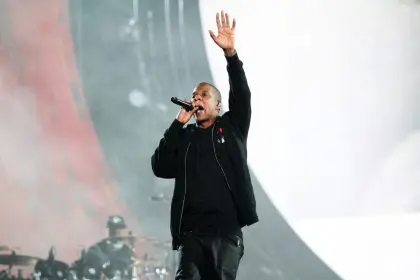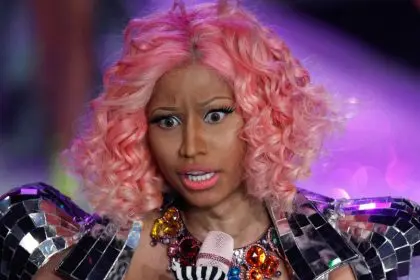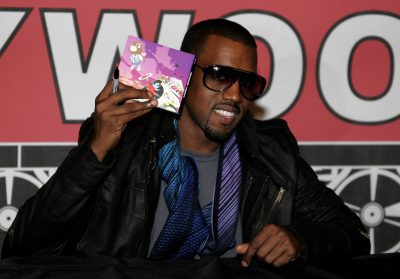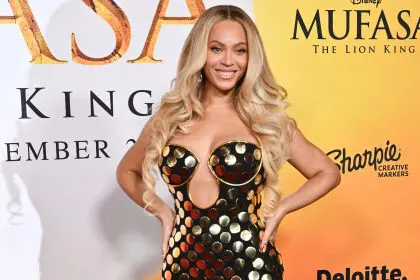When it was announced that Kanye West would be naming his new album Yeezus, the news was met with snickers and smirks from many fans. But for some critics, his choice of album title–as well as song titles like “I Am A God”–the rapper had taken his famously ego-maniacal persona too far over the top.
But Kanye’s Yeezus is just the latest in a long line of hip-hop stars who reference God–sometimes in questionable ways. Ye’s longtime buddy and frequent collaborator Jay-Z has famously referred to himself as “Jay-Hovah” for years. Rakim has dubbed himself “The God MC,” and Nas has often gone by the moniker of “God’s Son.”
Even the current legal battle between hip-hop producers Pharrell Williams and will.i.am over the use of trademarking of the phrase “I am” has religious undertones: “God said unto Moses, I Am That I Am” – Exodus 3:14.
Maybe Moses should check with will.i.am for clarity.
Rap star, Wiz Khalifa says that he does take exception to rappers who use religious imagery in their artwork and rhymes. “This is just me personally, I don’t like how much people play with religion in rap,” Wiz revealed to Al Lindstrom. “You know what I’m saying? I feel like that’s a fad that a lot of people came into and they don’t really understand really what they’re saying or doing. So, they’re playing into that because it’s popular, it’s cool, but it’s not really what the s–t’s about. So, when you talk about religious stuff and you talk about rap culture. Religion is religion and rap culture is rap culture.”
Former Clipse member, No Malice has become a born-again Christian, and he said that he isn’t offended by the phenomenon.
“I think all of the references that the emcees do to God is because the truth cannot be denied,” No Malice explained in an interview with the Christian Post earlier this year. “When you want to be recognized as the best; when you want to be recognized as number one when you want to be comparable to the most elite the only name that you can come up with is God.”
“That’s what leads them to say God out of their mouth,” he concluded–before adding, “After that comes the perversion of it. But a lie always has to ride on the coattails of the truth.”
There is also an underlying cynicism regarding organized religion among many young African Americans–and the number of black atheists has risen steadily over the last 20+ years. According to the American Religious Identification Survey of 2008 (ARIS 2008), the number of black people without any religious affiliation jumped from 6 to 11 percent between 1990 and 2008. Among all Americans the number jumped from 8 to 15 percent over the same time.
Religion has been a subtle part of hip-hop for decades, with many fans becoming exposed to ideologies like The Nation of Gods and Earths, for instance, via music from artists such as Brand Nubian and Digable Planets. Islamic and Christian ideologies have found their way into the music of everyone from Mos Def to Goodie MOB and DMX. Even Run-D.M.C.’s “Down With the King” single and album of the same name were rife with Christian imagery.
Perhaps rapper’s use of religious language to flaunt their own success and talent is their way to criticize organized religion’s inability to reach the people. Or maybe they aren’t afraid of the same symbolism that previous generation’s held so sacred. Either way, hip-hop’s God complex isn’t going anywhere any time soon.
Fans have to decide for themselves how far is too far.













